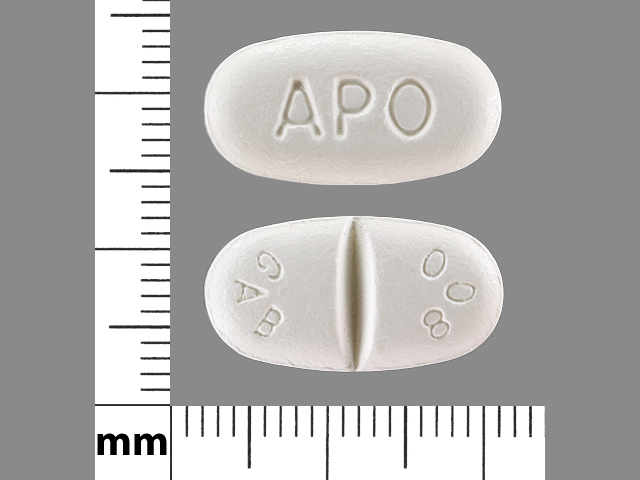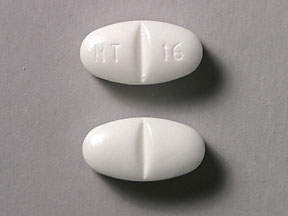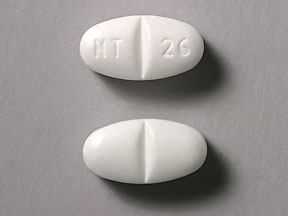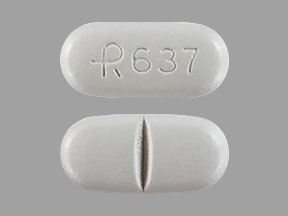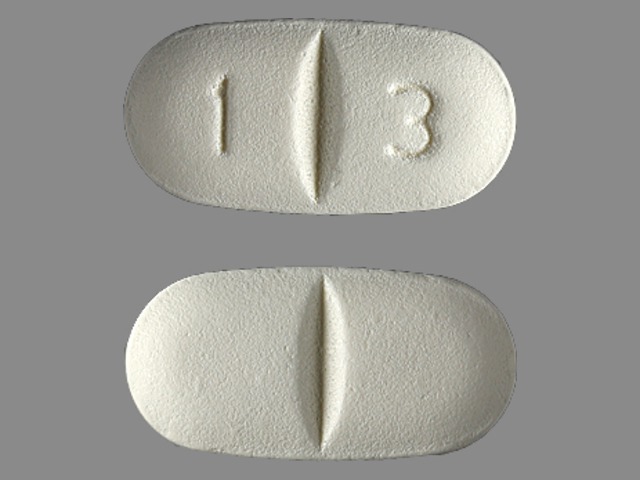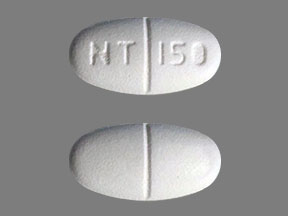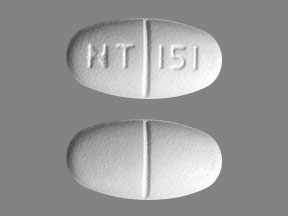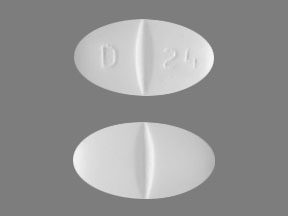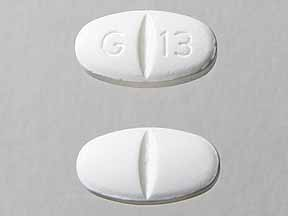Some medicines may affect how gabapentin works or increase the chance of you having side effects.
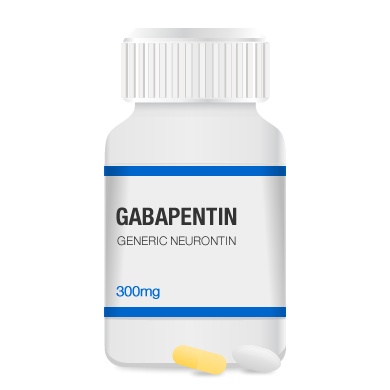
Antacids are medicines that counteract (neutralise) the acid in your stomach to relieve indigestion and heartburn.
They come as a liquid or chewable tablets and can be bought from pharmacies and shops without a prescription.
When antacids are used
Antacids may help if you have:
-
- indigestion
- heartburn or acid reflux – also known as gastro-oesophageal reflux disease (GORD)
- a stomach ulcer
- gastritis (inflammation of the stomach lining)
They can quickly relieve your symptoms for a few hours. But they do not treat the underlying cause and long-term use is not recommended.
Common types of antacids
Many different types of antacid are available. Some are sold under a brand name and others are named after their main ingredient. Brands include Gaviscon (alginic acid) and Pepto-Bismol (bismuth subsalicylate).
Ingredients to look for include:
-
-
- aluminium hydroxide
- magnesium carbonate
- magnesium trisilicate
- magnesium hydroxide
- calcium carbonate
- sodium bicarbonate
Some antacids also contain other medicines, such as an alginate (which coats your gullet with a protective layer) and simeticone (which reduces flatulence).
Antacids can reduce the amount of gabapentin that the body takes in so it does not work as well. To stop this happening, if you need to take an antacid, take it at least 2 hours before or after your dose of gabapentin.
Tell your doctor if you’re taking any of these medicines before you start gabapentin treatment:
-
-
- strong painkillers, such as morphine – these can make you very tired and dizzy when you start taking gabapentin
- antidepressants, such as amitriptyline or fluoxetine
- antipsychotic medicines for mental health problems like schizophrenia or bipolar disorder
- a medicine to prevent malaria called mefloquine
Mixing gabapentin with herbal remedies or supplements
Taking herbal remedies and supplements that can make you feel dizzy or drowsy while you’re taking gabapentin could make these side effects worse.
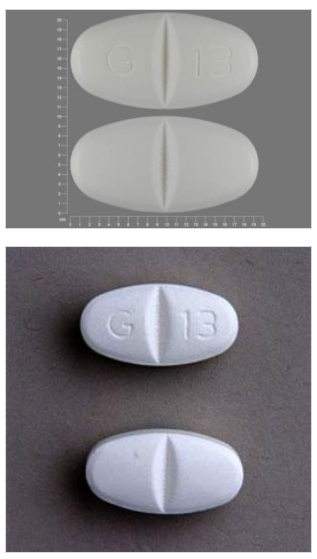
Potential issues with herbal medicines
If you’re taking, or plan to take, any herbal medicines, be aware of the following:
-
- They may cause problems if you’re taking other medicines. They could result in reduced or enhanced effects of the medicine, including potential side effects.
- You may experience a bad reaction or side effects after taking a herbal medicine.
- Not all herbal medicines are regulated. Remedies specially prepared for individuals don’t need a licence, and those manufactured outside the UK may not be subject to regulation.
- Evidence for the effectiveness of herbal medicines is generally very limited. Although some people find them helpful, in many cases their use tends to be based on traditional use rather than scientific research.
Certain groups of people should be particularly wary of taking herbal medicines.

Who should avoid herbal medicines?
Taking a herbal medicine may not be suitable for:
-
- people taking other medicines
- people with serious health conditions, such as liver or kidney disease
- people who are going to have surgery
- pregnant or breastfeeding women
- the elderly
- children – as with all medicines, herbal medicines should be kept out of the sight and reach of children
Speak to your doctor or pharmacist for advice before trying a herbal medicine if you fall into one of these groups.
Are there any serious interactions with gabapentin and other medications?
Serious breathing problems can happen if you take gabapentin with drugs that cause severe sleepiness or decreased awareness. Some examples include narcotic opioids, anti-anxiety medicines, antidepressants, and antihistamines. If you are 65 years of age or older and/or have a condition that affects your lungs, such as chronic obstructive pulmonary disease (COPD), there is an increased risk for breathing problems. Watch for increased sleepiness or decreased breathing when you start taking gabapentin or when the dose is increased. Get help right away if you develop breathing problems.
Seek immediate medical attention if these symptoms develop:
-
- Confusion.
- Unusual dizziness or lightheadedness.
- Slowed, shallow or trouble breathing.
- Unresponsiveness (can’t wake up).
- Bluish-colored or tinted skin, especially on lips, fingers or toes.
What other medications and products can interact with gabapentin?
Products that interact with gabapentin include:
-
- Alcohol.
- Antihistamine-containing cold, cough and allergy products.
- Certain medicines for anxiety or sleep.
- Certain medicines for depression, such as amitriptyline, fluoxetine and sertraline.
- Certain medicines for seizures, such as phenobarbital and primidone.
- Certain medicines for stomach problems. (Wait two hours after taking aluminum and magnesium-containing antacids before taking gabapentin.)
- General anesthetics, local anesthetics, or muscle relaxants given before surgery.
- Narcotic pain medicines.
Can I drink alcohol while taking gabapentin?
Avoid drinking alcohol while taking gabapentin. Drinking alcohol with gabapentin could increase sleepiness or dizziness.
